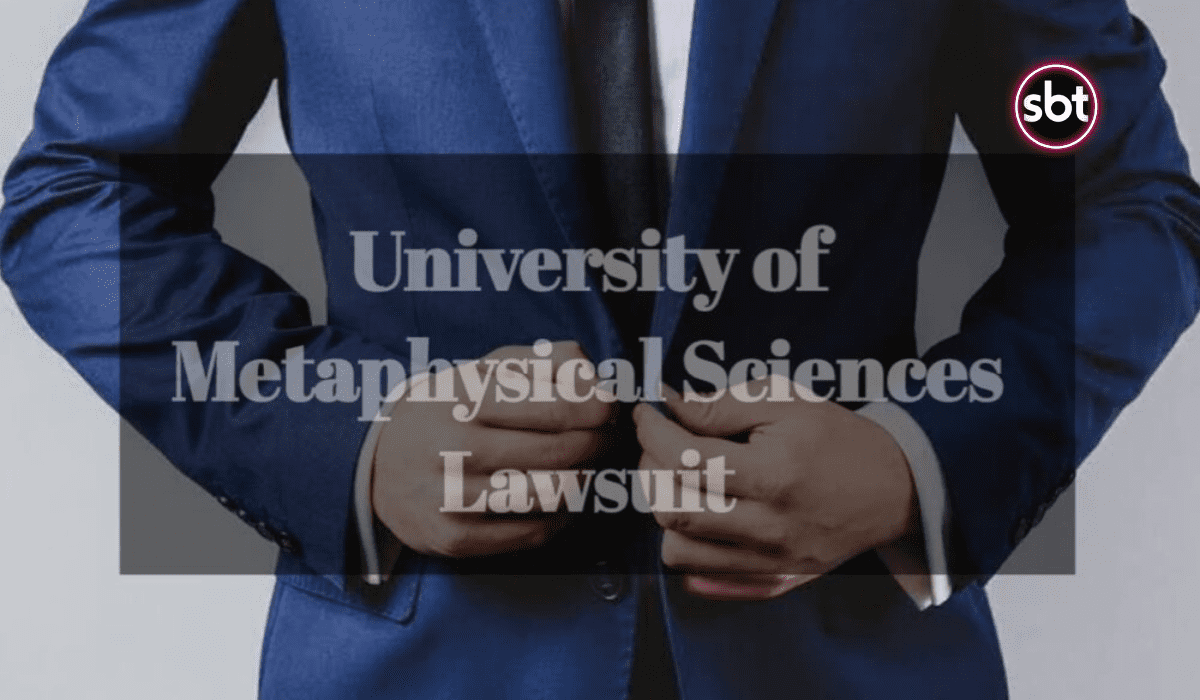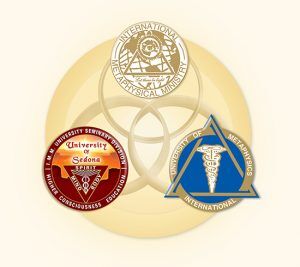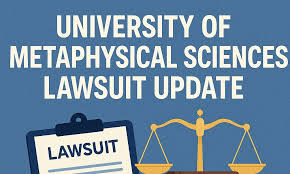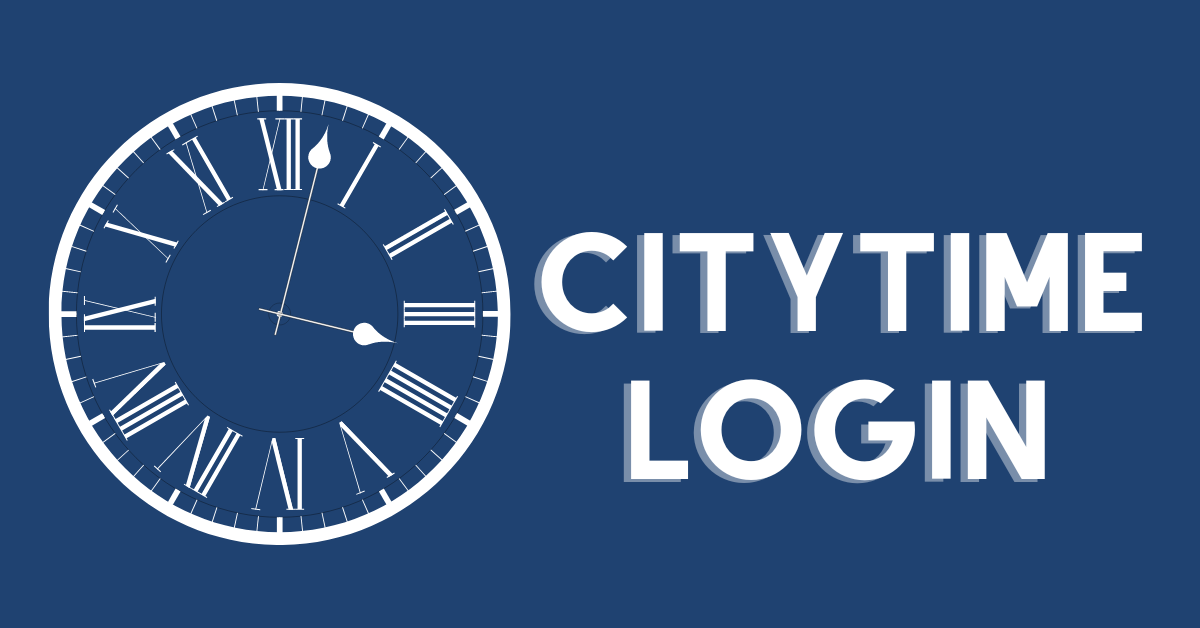The University of Metaphysical Sciences (UMS) is a school that teaches subjects like meditation, spiritual healing, and energy work. It offers degrees to people who want to learn about these topics. However, UMS has been involved in legal issues over the past few years. Let’s explore what happened in simple terms.

What Is the University of Metaphysical Sciences?
UMS is an online school based in California. It provides courses in metaphysical subjects, which are about understanding things beyond the physical world, like the mind, spirit, and energy. Students can earn degrees in areas such as spiritual counseling and holistic health.

What Was the Lawsuit About?
In late 2024, a group of former students filed a lawsuit against UMS in California. They claimed that the degrees they received were not recognized by official education authorities and that the university’s accreditation was not valid. The students felt that the school had misled them about the value of their degrees.

What Is Accreditation?
Accreditation is a process that schools go through to show they meet certain standards of quality. In the United States, accredited schools are recognized by the Department of Education. UMS is not accredited by any organization recognized by the U.S. Department of Education. Instead, it is affiliated with spiritual and metaphysical accrediting bodies.

What Were the Allegations?
The former students alleged that UMS engaged in misleading marketing practices. They believed the university made it seem like their degrees were equivalent to those from traditional colleges, which was not the case.
What Happened in Court?
After several months of legal proceedings, the lawsuit was officially dismissed on May 12, 2025. Both the plaintiffs (the former students) and UMS agreed to drop their claims. This means the court case ended without any penalties or admissions of wrongdoing.
What Is Predatory Litigation?
UMS claimed that they were targeted by a competitor who filed multiple lawsuits over the years to harm their business. This practice is known as “predatory litigation,” where lawsuits are used to create financial and reputational damage to a competitor.
What Does This Mean for Students?
If you’re considering enrolling in a school like UMS, it’s important to understand what kind of education you’re getting. Since UMS is not accredited by traditional educational authorities, the degrees may not be recognized by employers or other institutions. However, if you’re interested in metaphysical studies for personal growth, UMS might still be a valuable resource.
The University of Metaphysical Sciences, or UMS, is a school that teaches subjects related to spirituality and metaphysics. Founded in the early 2000s by Dr. Christine Breese, UMS offers online courses in areas like:
- Meditation
- Energy Healing
- Psychic Development
- Astral Projection
- Past Life Therapy
Many people enroll in UMS to explore spiritual topics and gain personal insights.

The Legal Dispute: What’s Happening?
UMS is currently involved in a legal case with another organization called the International Metaphysical Ministry (IMM). This dispute has been ongoing since 2017 and centers around disagreements about advertising and trademarks.
Timeline of Events:
- 2017: IMM filed the first lawsuit against UMS, alleging improper use of its name in advertisements.
- 2019: A second lawsuit was filed with similar claims.
- October 14, 2021: IMM initiated a third lawsuit titled “International Metaphysical Ministry, Inc. v. Wisdom of the Heart Church d/b/a University of Metaphysical Sciences.”
- July 18, 2024: A hearing was held to discuss the dismissal of the case.
- June 16–20, 2025: The trial is scheduled to take place, where both parties will present their cases.

What Are the Allegations?
IMM has made several claims against UMS, including:
- Trademark Infringement: IMM alleges that UMS used its trademarked names without permission, confusing.
- Unfair Competition: Claims that UMS engaged in deceptive practices to attract students.
- Breach of Settlement Agreement: IMM asserts that UMS did not adhere to the terms agreed upon in a previous settlement.

UMS’s Response
UMS has denied all allegations, stating that:
- It operates transparently and within legal boundaries.
- The lawsuits are attempts by IMM to suppress competition.
- It has evidence to support its innocence and looks forward to presenting it in court.
UMS has also highlighted challenges it faces, such as:
- Financial Strain: The legal battles have been costly, with estimates suggesting expenses could exceed $2 million by the trial’s conclusion.
- Reputation Management: UMS claims to be the target of negative online campaigns aimed at damaging its credibility.

Impact on Students and the Metaphysical Community
The ongoing lawsuit has raised concerns among students and the broader metaphysical community. Key points include:
- Accreditation: UMS is not accredited by traditional educational bodies, which may affect the recognition of its degrees.
- Employment Opportunities: Some students have expressed concerns about the practical value of their degrees in the job market.
- Transparency: UMS emphasizes that it provides clear information about its accreditation status and encourages prospective students to conduct thorough research before enrolling.
Looking Ahead
As the trial approaches in June 2025, both UMS and IMM are preparing to present their cases. The outcome could have significant implications for:
- UMS’s Operations: Depending on the verdict, UMS may need to adjust its practices or face financial penalties.
- Metaphysical Education: The case highlights the need for clarity and transparency in alternative education sectors.
The legal dispute between the University of Metaphysical Sciences and the International Metaphysical Ministry underscores the complexities of operating in niche educational fields. As the trial date approaches, students, educators, and stakeholders await the court’s decision, which will likely influence the future of metaphysical education. The University of Metaphysical Sciences faced legal challenges regarding the legitimacy of its degrees and accreditation. The lawsuit filed by former students was dismissed in May 2025, ending the legal dispute. While UMS continues to operate, prospective students need to research and understand the nature of the education they will receive.




